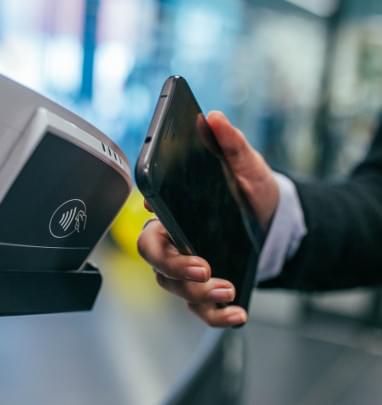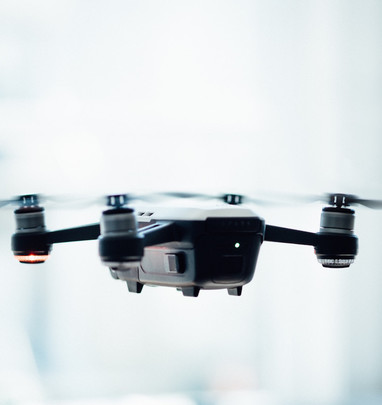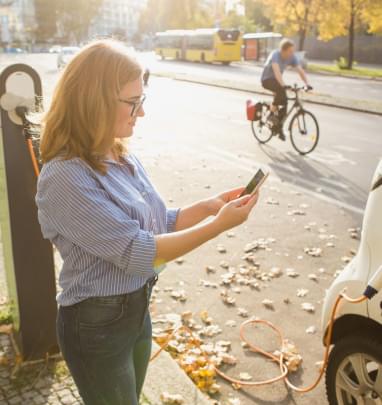The shift towards a digital society is no longer a future vision, we are right in the middle of it. Digitalization has already reached many areas of our everyday lives. We ask Siri for fashion recommendations and tell Amazon’s Alexa to play music that fits our mood. However that is just a brief foretaste of the possible applications that digital technologies will be offering us over the next ten years.
Cultural challenge
The total network will lead to a turning point in our society. In the smart city, vehicles will communicate autonomously with parking guidance systems and will direct car drivers to the nearest vacant parking space efficiently and with minimal emissions. Computers worn about your person, known as wearables, supply data that can serve as the basis for configuring and supplying personalized medication.
The society of the future, referred to in Japan by the term Society 5.0, is a society where connectivity permeates every area of life. Humans communicate with smart objects Thanks to the Internet of Things (IoT), these objects then in turn communicate with other elements. The result is more efficient processes, and machines can autonomously perform tasks, meet our requests, and optimize our everyday and working life.
But the disruptive character of technological innovations also stokes fears and concerns: Might artificial intelligence (AI) replace us? Are we being spied on? Are our kids too dependent on the Internet? The fact is that we need to learn to cope with changes. We need to actively determine the shift and take issues such as our privacy and Internet consumption seriously. That also includes improving our digital competence and allowing critical debate.
SmartCity – SmartLife
Hamburg’s population is predicted to grow by 100,000 by 2030. But that is by no means the only challenge facing the Free and Hanseatic City. The consequences of climate change and the related need to cut carbon emissions call for smart solutions for community, mobility, production and consumption. By employing digital technologies, cities can rise to these challenges and remain attractive, agreeable places to live in the future.


